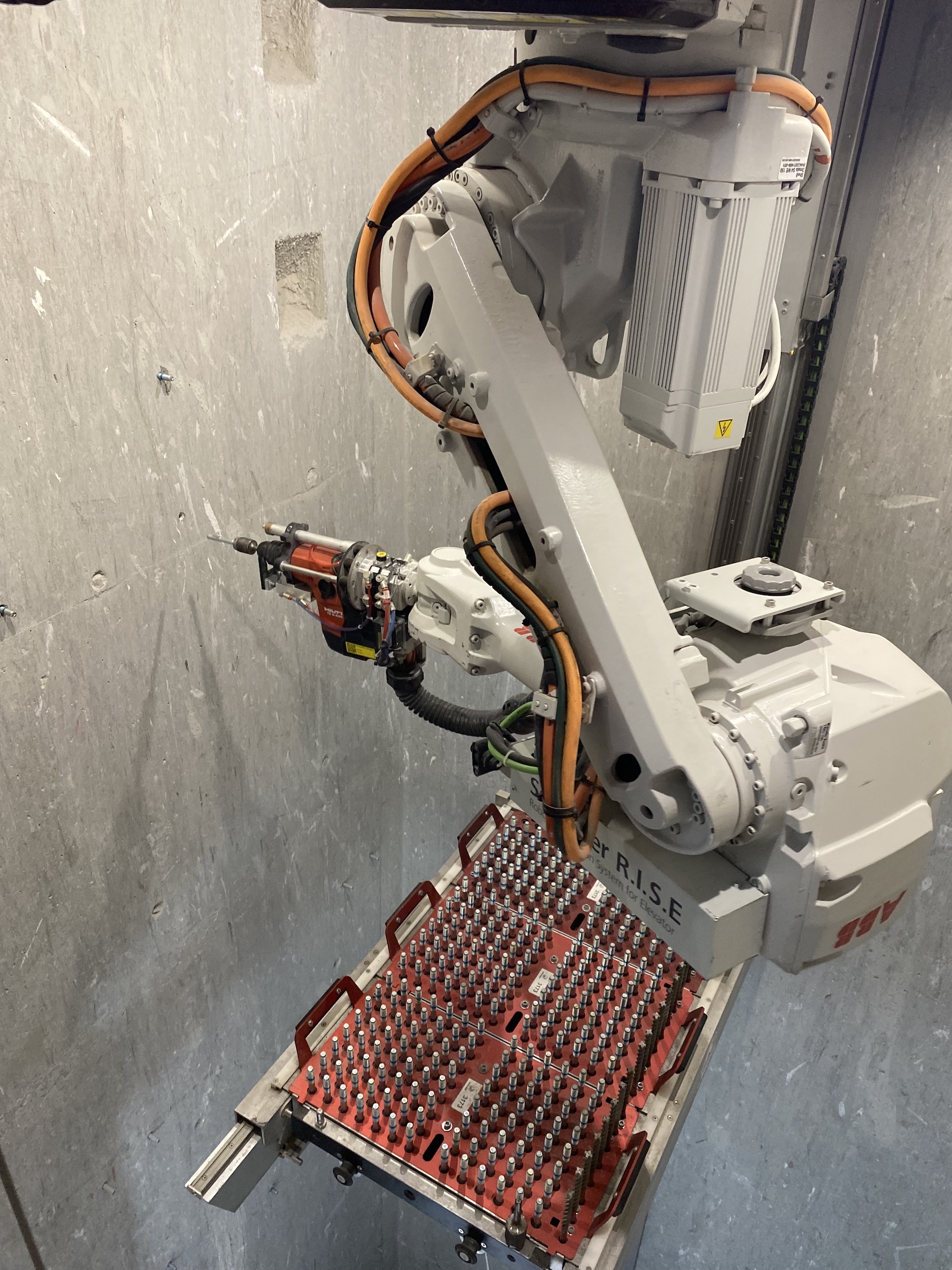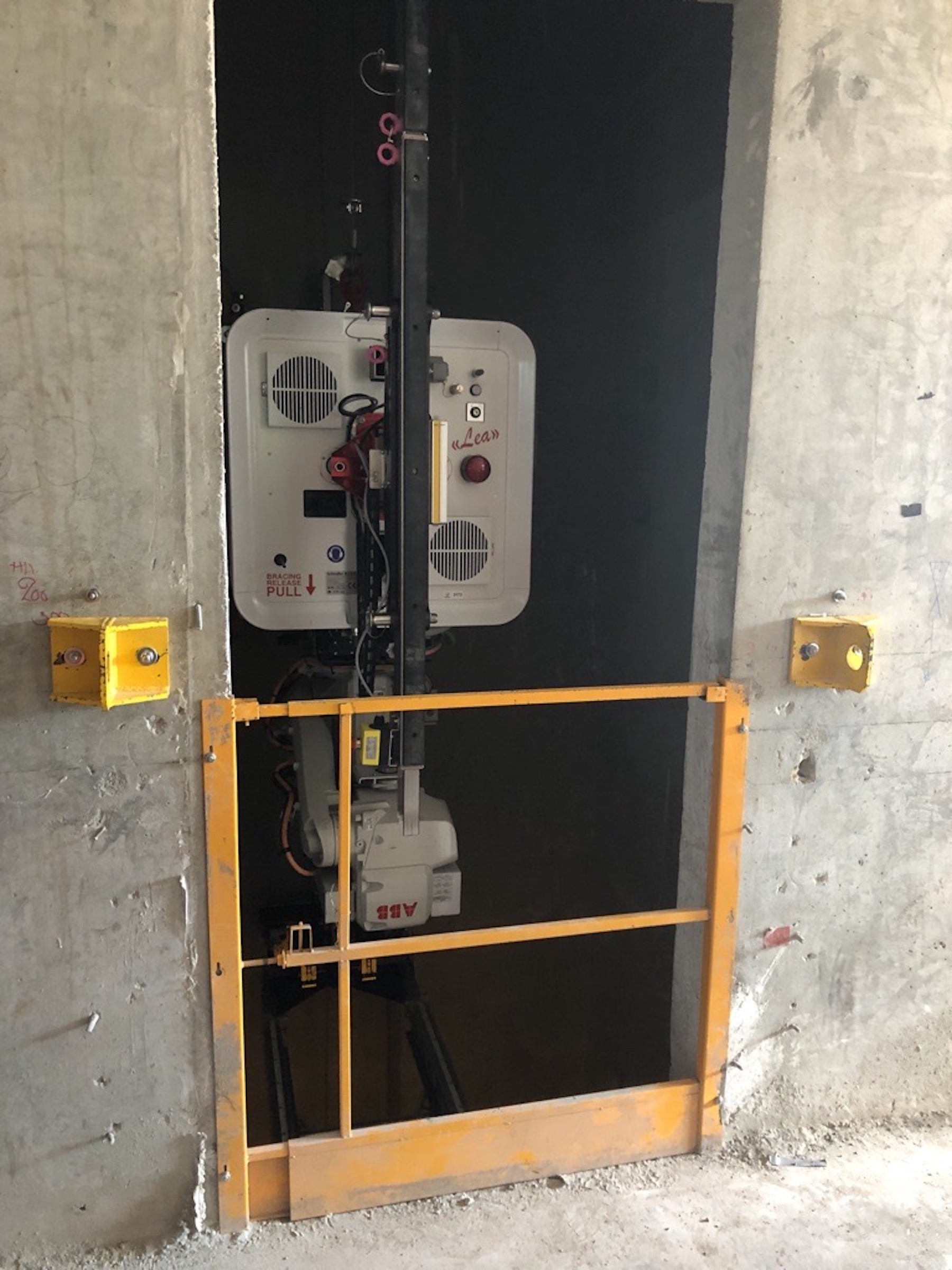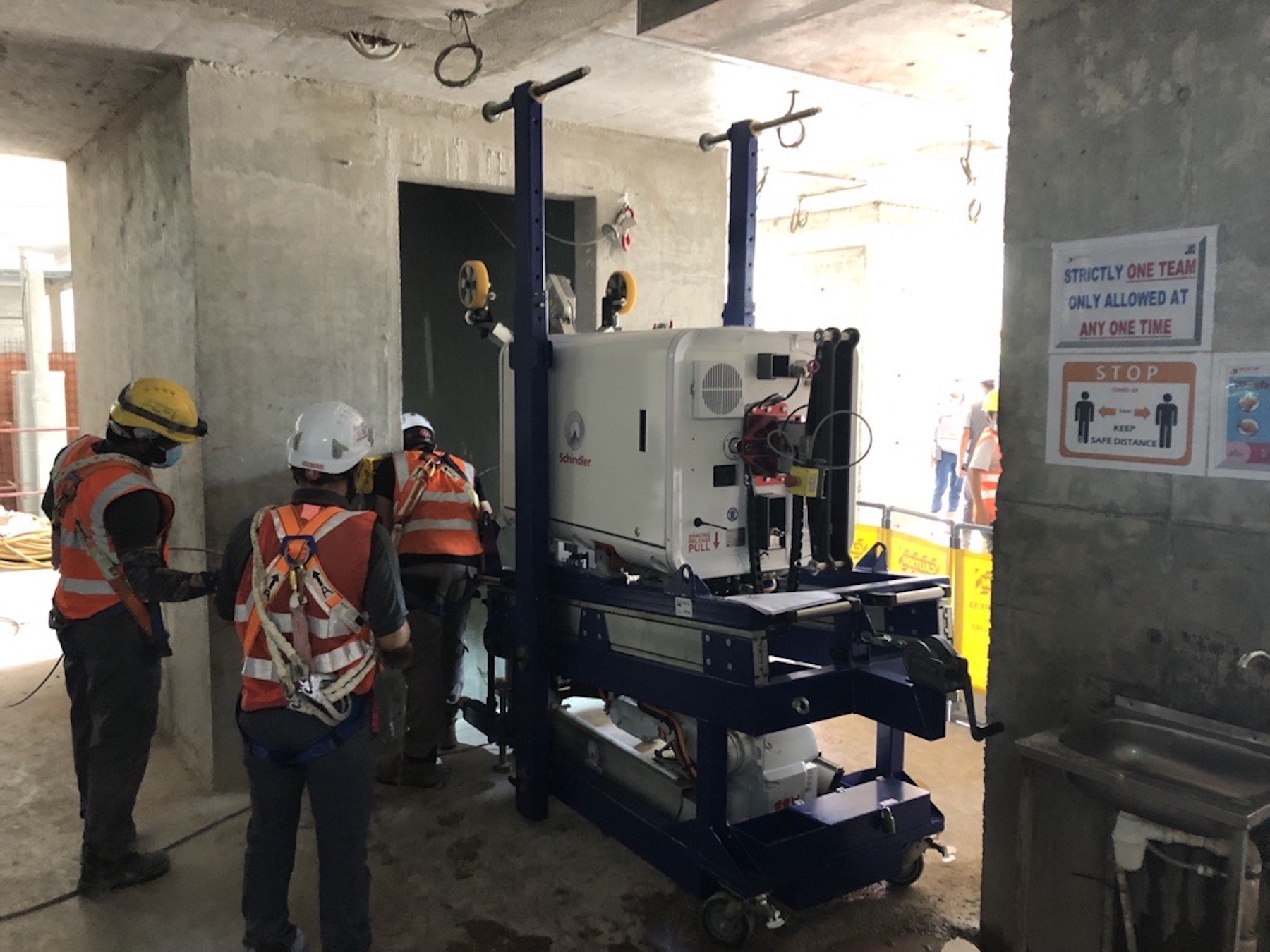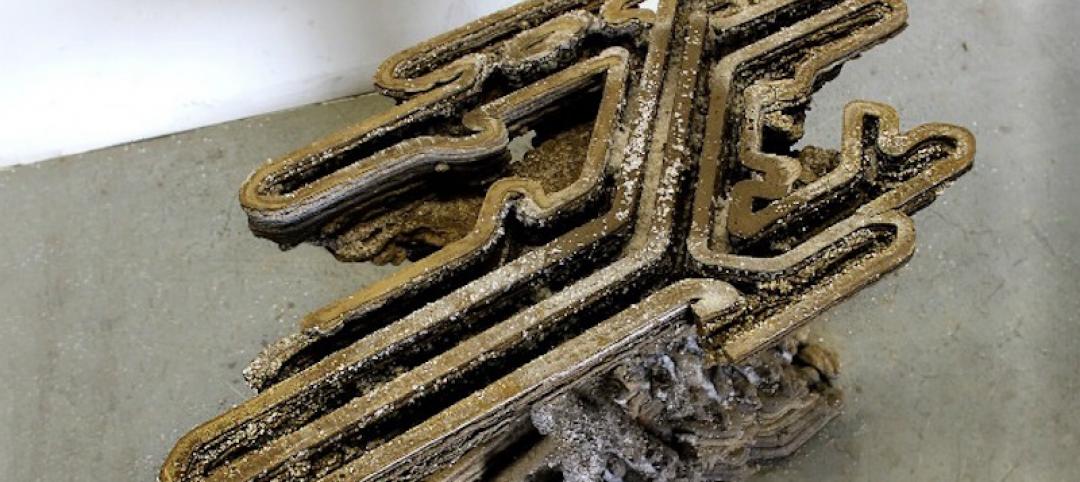Schindler—which manufactures and installs elevators, escalators, and moving walkways—has created a robot called R.I.S.E. (robotic installation system for elevators) to help install lifts in high-rise buildings.
Schindler calls R.I.S.E. the world’s first self-climbing, autonomous robotic system, saying it provides high-level accuracy, better-quality installations, improved planning with BIM integration, and improved worker safety.
As buildings are growing taller and wider, they place increasingly challenging demands on installation schedules. To date, elevators have been installed manually: Mechanics go into the elevator shaft to determine the correct mounting position of guide rail brackets, while drilling holes in the concrete walls to position the anchor bolts that hold the brackets. The same repetitive, manual procedure applies to the installation of elevator landing doors.
Watch R.I.S.E. in action:
With Schindler R.I.S.E, the Switzerland-based company has fully automated this part of the installation process. As a result, the elevator fitting can be done more quickly and accurately, while also improving the health and safety conditions for technicians. The innovation was shortlisted in the Innovation Leaders category of the Swiss Technology Award.
“As buildings are becoming higher and are erected faster, Schindler R.I.S.E is an effective tool in the tall building industry. It makes installations faster, safer, and more accurate, all benefiting our customers and technicians,” Thomas Oetterli, Schindler CEO, said in a statement. “Schindler R.I.S.E also serves as a flagship project for the general introduction of robotics in the construction industry to increase safety, quality, and efficiency on construction sites.”
Schindler R.I.S.E was first deployed in 2017 as a prototype. It then underwent testing on projects including The Circle at Zurich Airport. In 2020, after completing the testing phase, Schindler R.I.S.E was first deployed in Vienna’s TrIIIple project and Warsaw’s Varso Tower. The robot also has been used for Dubai’s Uptown Tower.



Related Stories
BIM and Information Technology | Jan 27, 2016
Seeing double: Dassault Systèmes creating Virtual Singapore that mirrors the real world
The virtual city will be used to help predict the outcomes of and possible issues with various scenarios.
3D Printing | Jan 25, 2016
Architecture students create new method for 3D printing concrete
The team's Fossilized project allows for structures that are more varied and volumetric than other forms so far achieved.







